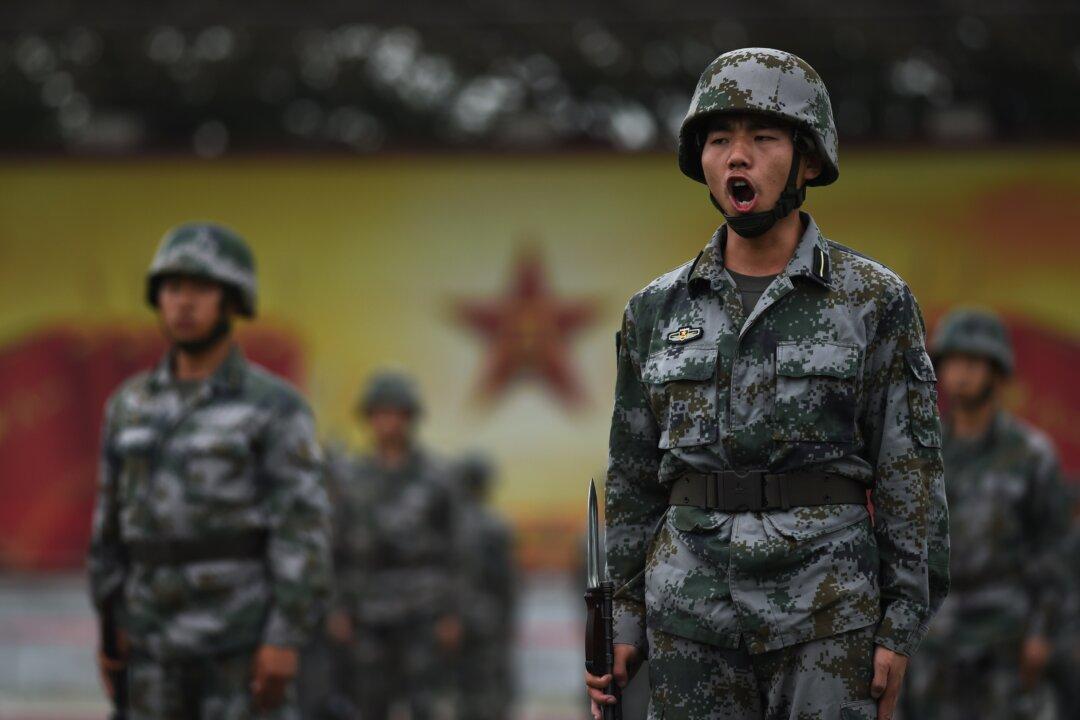Before the verdict of the international tribunal on the South China Sea dispute was announced, the Chinese government had repeatedly stated that it would not accept the outcome. A few senior officials openly expressed that the ruling of The Hague was “no more than a piece of waste paper”. Yet the so-called “waste paper” has sparked outcry and the country worst hit by the protest is not the Philippines or Vietnam which are directly involved in the dispute, or the United States or Japan which China accused of engineering the findings, but China itself.
China had been conducting military exercises on the Spratly Islands in the South China Sea even before the tribunal verdict was given. The Ministry of Foreign Affairs has garnered the support of over 60 countries on the South China Sea dispute, and the military troops were under arms. Yet when The Hague ruled in favour of the Philippines, the Chinese government immediately slammed the findings. The news splashed across all the media. Students took to streets and netizens were boiling with rage, as if everybody was ready to go to war. The government is on high alert for the possibility of the situation escalating into another May Fourth Movement.
Chinese government stressed that the ruling issued by arbitration tribunal sitting in The Hague is merely “a piece of paper,” mainly because the arbitration “cannot be enforced”. There have been many international arbitration rulings issued after World War II that could not be enforced in the past six decades, including the United Nations resolutions, such as those which required North Korea to stop developing its nuclear weapons program, were not being enforced, but is the ruling of the Court of Arbitration in The Hague, really merely a piece of paper? Although China can just ignore the ruling, but it may put China in a very passive situation.
Over six years ago, I wrote an article entitled “Chinese Diplomacy Not Going Well”, published in the “New Era magazine” issue 186. Before 2010, Chinese economic growth, had extended her external influence to Southeast Asia and thus enhanced her relationship with Southeast Asian countries, but the Chinese military considered the South China Sea “a core strategic issue”, causing the diplomatic scene to turn sour.
China’s relationship with Southeast Asian countries is actually very sensitive. This is not only due to the complex geopolitical factors, but also because the Chinese Communist Party (CCP) had been funding the armed Communist guerrilla groups in these countries, long-term. Excluding Indochina, Maoist guerrillas in Indonesia, Malaysia, Burma, and the Philippines, had been fighting against the local authorities for a long time. Even till today, the Maoist guerrillas in southern Philippines, numbering twenty thousand people is still recalcitrant, despite the withdrawal of CCP financial support.
Countries in the South China Sea region have people of diverse ethnicity, culture, religion, and different historic backgrounds, it may be one of the world’s most complex regions, far more complex than what has been known as the “powder keg of Europe” in the Balkans and the Middle East. For example, the composition of the population, is made up of South-islanders, Malay, Mongolian and Caucasian; culturally influenced by Indian, Chinese, Arabian and European cultures; historically, they have complicated relationship with United Kingdom, France, the United States, the Netherlands, Spain, China, India and Russia; religion wise, there is Islam, Catholicism, Buddhism and Confucianism.
For these reasons, China should be extremely careful with her dealings with countries in this region. Diplomacy with large countries is fundamentally different from that with small countries. The diplomatic approach of a giant power being softer with the smaller countries can be more effective than being tough in pressing them to comply. However, since the time of Hu Jintao, Chinese political and military factions have been posing a tough stance not only to the superpowers but also to the smaller countries, therefore, the situation today is nothing surprising.
South China Sea arbitration is un-implementable, but it provides a basis for the relevant countries including the United States, Japan and other countries, to diplomatically counter-act accordingly, putting China in a passive mode. The most critical issue is that China’s relationship with the United States and Europe is bound to be different from that in the past four decades, resulting in the future being full of uncertainties. Hence some people view the South China Sea arbitration as a historic turning point for China, this is not without reason.
Zang Shan is an International affairs analyst specializing in US and China affairs.
Translated by Lixin.




